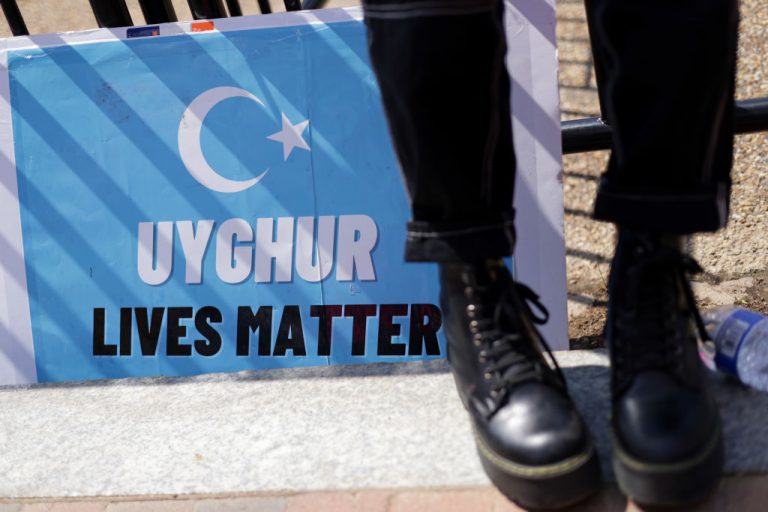The Uyghurs, a Muslim minority concentrated predominantly in China’s northwestern region of Xinjiang, have drawn the attention of human rights activists worldwide for the persecution they have been undergoing at the hands of the Chinese Communist Party (CCP). There have been claims that the Uyghurs have been subjected to mass detention, indoctrination, forcible reeducation, forced labor, sterilization, sexual abuse, and other forms of torture.
In a bid to protect the Uyghur community from such atrocities, the United States has passed a bill that will ban the import of all products from Xinjiang unless businesses can prove that no forced labor was involved. Democrats and Republicans in the Senate and House of Representatives have been debating on the Uyghur legislation for months.
After being accepted by the House of Representatives earlier this week, the bill, officially known as the Uyghur Forced Labor Prevention Act, passed the Senate on Dec. 16 with overwhelming approval. It now heads to the desk of President Joe Biden who is expected to sign it into law.
“The Administration will work closely with Congress to implement this bill to ensure global supply chains are free of forced labor, while simultaneously working to on-shore and third-shore key supply chains, including semiconductors and clean energy,” Press secretary Jen Psaki said in a statement on Dec. 14.
Xinjiang is a resource-rich region that produces some of the world’s best cotton and is home to a thriving industrial sector. The U.S. alleges that raw cotton, tomatoes, silicon, gloves, and an array of items related to solar energy that come from the place are produced by deploying forced labor.
Success
You are now signed up for our newsletter
Success
Check your email to complete sign up
Uyghurs forced into labor have to move far away from their homes and are made to work in factories involved in automobile, electronics, solar energy, and apparel and textiles industries.
Many multinational corporations like Nike, Coca-Cola, and Apple that have business interests in Xinjiang have criticized the bill as it would further aggravate the supply chain crisis and affect business. Apple has insisted that no forced labor from Xinjiang is involved when it comes to its manufacturing or supply chain.
“Many companies have already taken steps to clean up their supply chains. And, frankly, they should have no concerns about this law. For those who have not done that, they’ll no longer be able to continue to make Americans — every one of us, frankly — unwitting accomplices in the atrocities, in the genocide that’s being committed by the Chinese Communist Party,” Republican Senator Marco Rubio said in a statement on Dec. 16.
Nury Turkel, an Uyghur American who acts as vice-chair on the U.S. Commission on International Religious Freedom, said that the United States is “way ahead” of the international community in tackling Uyghur abuse in China.
Turkel said that the efficacy of the bill relies on the willingness of the Biden administration to make sure that it is effective, particularly when companies seek waivers. “The possibility of it not being fully implemented is one of my major concerns…If this is not fully implemented then it will be a dead lever,” he told Reuters.
While the U.S. refers to China’s actions in Xinjiang as genocide, the Chinese government has rejected such claims by arguing that its policies in the region are necessary to prevent separatism and combat terrorism. The bill comes after the U.S. blacklisted several Chinese entities and research institutes recently for being complicit in developing tools for the surveillance and oppression of Uyghurs and other ethnic minorities.















